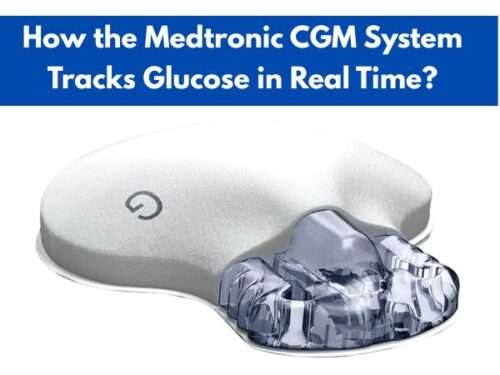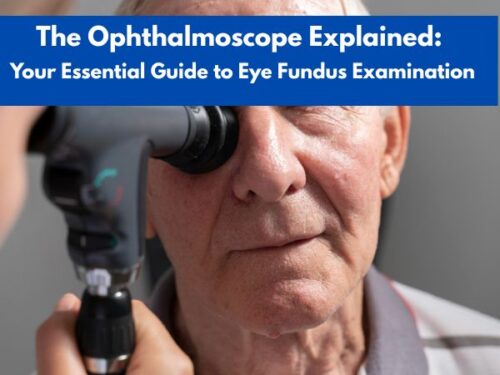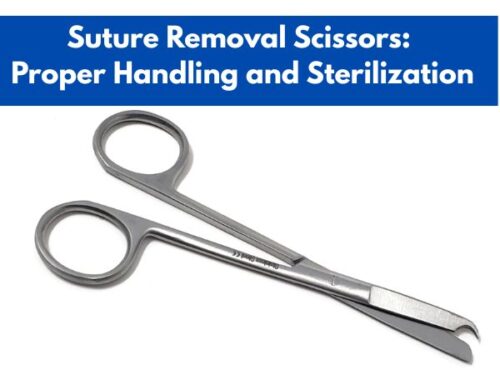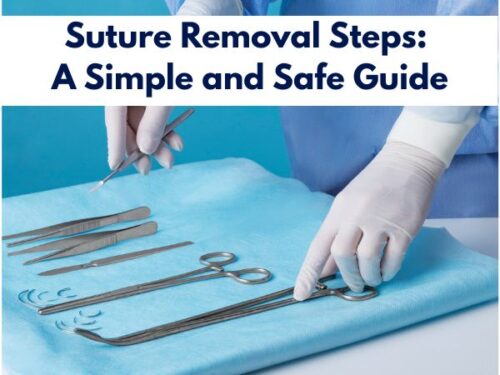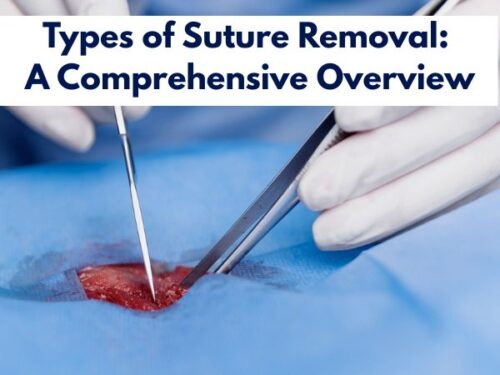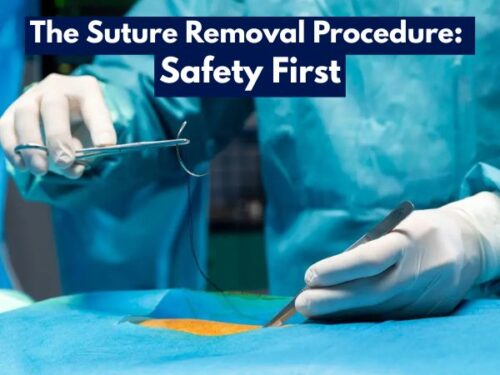How to Fix a Lazy Eye: Nexcare Eye Patch Role in Amblyopia Treatment
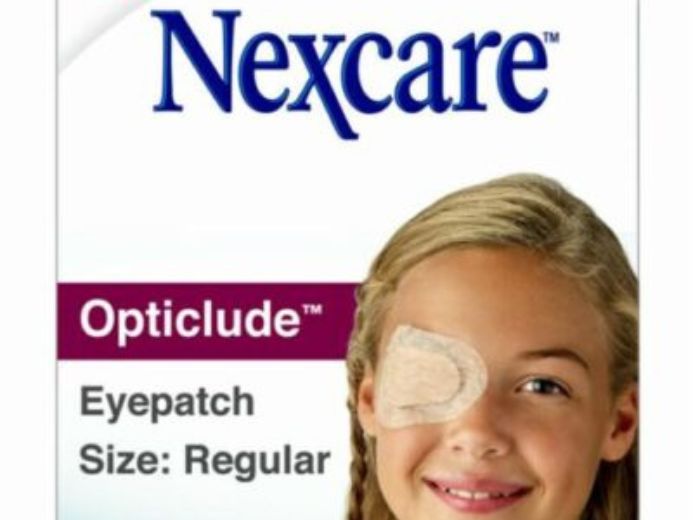
Every year, eye diseases account for a large number of hospital visits. According to the Centers for Disease Control and Prevention (CDC), 6.8% of children below the age of 18 years have been diagnosed with some kind of eye disease or vision abnormality. As these statistics are only confined to the US, the scale of vision-related issues in pediatric patients is much higher at the global level. One such problem is amblyopia or lazy eye condition in which the patient cannot see properly. Let us dive into what lazy eye disease is and how Nexcare eye patch can come in handy for its treatment.
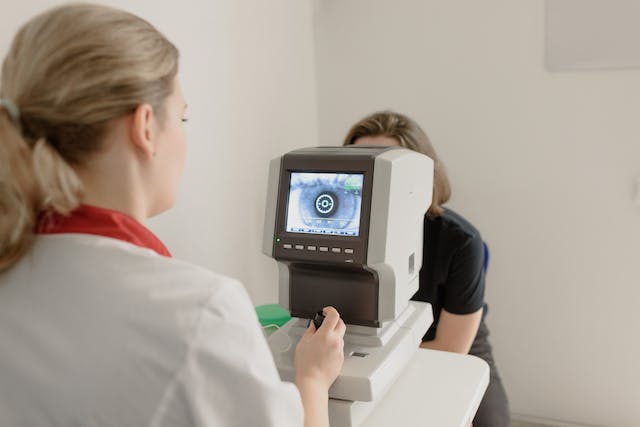
Statistics Regarding Lazy Eye in the US
As per the statistical data presented by Johns Hopkins Medicine, 2 to 4% of the US population is suffering from lazy eye disease. It should also be noticed that 1 in 33 US residents i.e. nearly 10 million children currently have the condition. According to the experts, a premature birth, developmental delays, or family history have been known to increase the chances of lazy eye disease in a child.
What is Lazy Eye?
Amblyopia, commonly referred to as lazy eye, is a serious medical condition in which the vision of one eye becomes blurry. The condition is caused due to structural issues in the eyes during the developmental stages. Although this condition is often experienced in one eye, it can affect both at the same time. If a child experiences lazy eye disease, the condition can lead to the development of a dispositioned eye in the long run which has worsened vision. This risk is particularly significant if the condition is left untreated.
Signs and Symptoms of Lazy Eye Disease
Usually, lazy eye disease affects minors and the most common symptom is blurred vision. As they cannot tell if they can or cannot see properly, the condition can easily go unnoticed. However, there are some signs to look for in your baby to know if he or she is experiencing lazy eye syndrome. Therefore, take a note if a child has/does any of the following:
● Have droopy eyelids
● Have crossed eyes
● Have a habit of tilting their head to one side
● Shut or squint one eye frequently
● Usually favor one side of their body
● Frequently bump into objects while walking
Treatment of Lazy Eye
In lazy eye disease, when the vision from one eye is blurred, the patient’s brain automatically starts relying heavily on the other eye. This way, as the child keeps using the vision from one eye and keeps neglecting the other, the weaker eye becomes more and more blurry over time. As a result, a person can see clearly from one eye only while the other one is severely impacted.

Nexcare Eye Patches as a Treatment Option
Nexcare eye patches are often recommended by physicians to use for the treatment of lazy eye syndrome. The idea is to cover the eye with stronger vision so that the brain starts using the weaker eye for vision. If this practice is continued for 2 to 6 or even more hours per day, the vision in the weaker eye starts improving.
Nexcare Eye Patches: Types and Specifications
Eye patches are manufactured by multiple brands but most of them cause irritation to the skin around the eyes thus leading to the discontinuation of the therapy. Nexcare eye patches are the products in which all these issues have been resolved through rigorous testing and constant improvements over the years. Hence, it is needless to say that Nexcare eye patches are one of the best products in the US market today. Here are two of their products along with their specifications:
● Nexcare Opticlude Orthoptic Eye Patch 3.18”x2.18”
Nexcare opticlude orthoptic eye patch by 3M is gentle to the skin when applied to the eye. It sticks properly for a longer time but does not create inconvenience while removing. The construction material is breathable and non-irritant to the skin. Its hypoallergenic adhesives eliminate the risk of redness or itching on the skin. Apart from lazy eye, Nexcare eye patches are also helpful for the management of crossed-eye syndrome as well as minor ophthalmic surgeries.
● Nexcare Opticlude Orthoptic Eye Patch 3.75”x2.25”
Nexcare opticlude orthoptic eye patch by 3M has all the specifications mentioned in the above segment. In addition, these patches are also completely latex-free so are safe to use in people who frequently experience skin allergies and sensitivities. The size of the Nexcare eye patch is suitable for both adults as well as children.
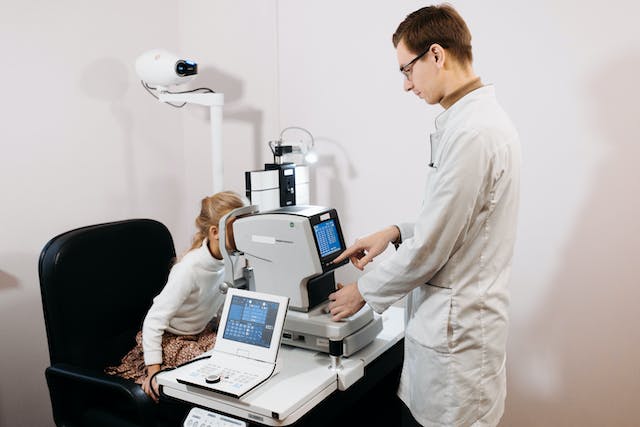
The Nexcare eye patches mentioned in this article, along with many other medical supplies, can be purchased from Health Supply 770, a reliable name when it comes to medical products. They have a 30-day money-back guarantee and provide your products to you in the shortest possible time. Click the link at the end of the article to check the wide range of Nexcare eye patches on the website.
Conclusion
Lazy eye syndrome affects a large number of the American population every year most of whom are children. Although it is hard to self-diagnose the condition, it is not complicated to treat it. By applying a Nexcare patch on the stronger eye, the diminished vision of the weaker eye can be restored up to a significant level.
These Nexcare eye patches have been particularly designed to stay in place for a longer period of time without causing irritation. Thus, by using this simple and affordable product, the lazy eye condition can be treated.
Purchasing these Nexcare patches as well as other medical devices from reliable vendors like Health Supply 770 ensures the provision of quality products along with satisfactory services.













